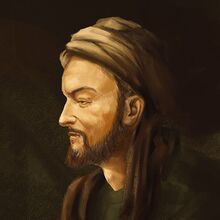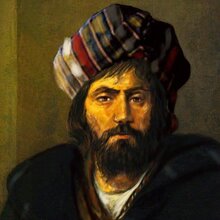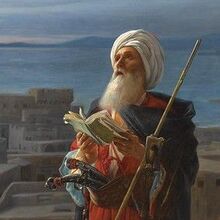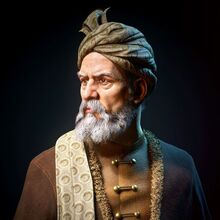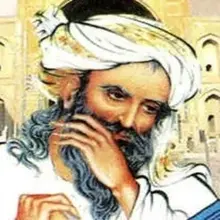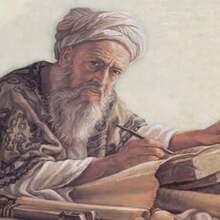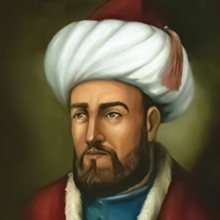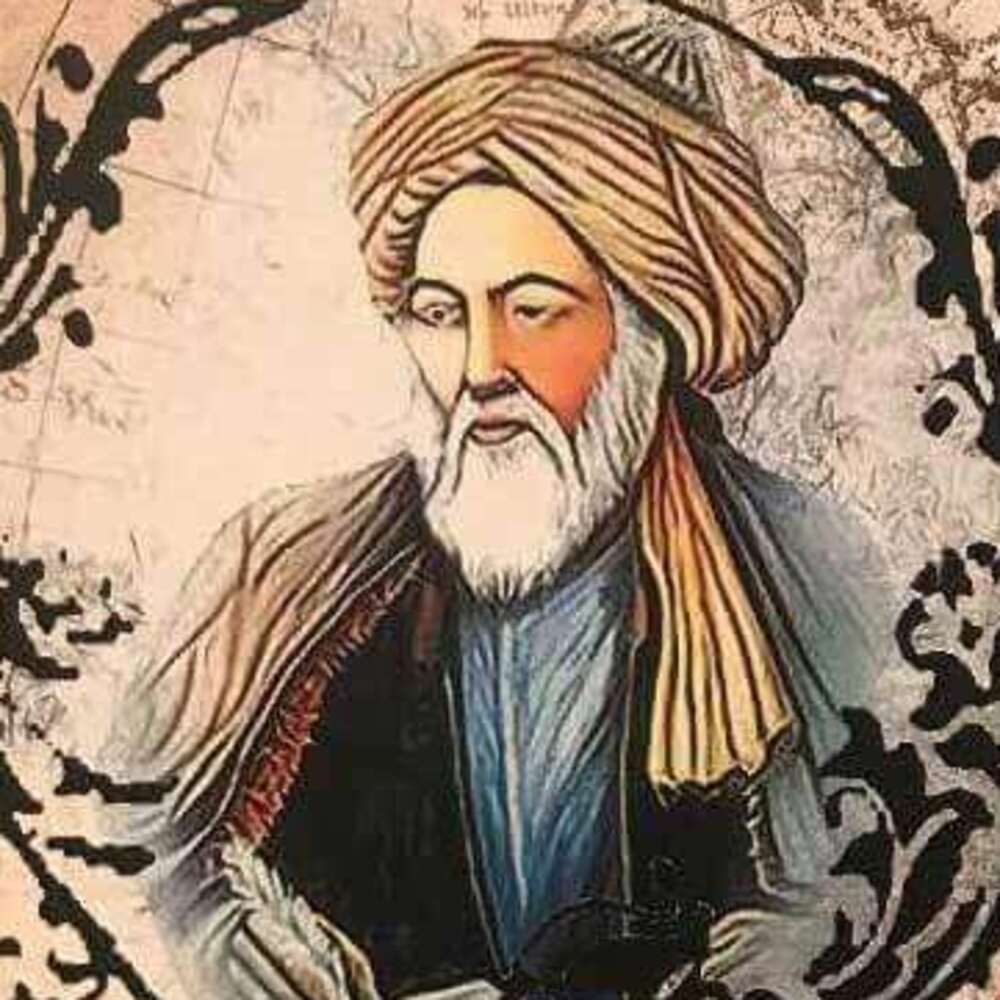
Personal
Other names:
Nasir Khusraw, Naser-e Khosraw, Hujjat, Safar Nama
ناصرخسرو، ناصر خسرو، ، حجت، سفرنامه
Job / Known for:
Poet, mystic, traveler, philosopher
Left traces:
His poems and books on various subjects
Born
Date:
1004-09-03
Location:
IR
Qabadian, Balkh (now in Tajikistan)
Died
Date:
1088-10-31 (aged 84)
Resting place:
AF
Death Cause:
Family
Spouse:
Children:
Parent(s):
Khusraw ibn Harith al-Qubadiani (father)
QR Code:
Show More
Rank
Users ranking to :
Thanks, you rate star
Ranking
5.0
1
Fullname
Naser Khosrow
Fullname NoEnglish
ناصر خسرو قبادیانی
Slogan
Every soul will taste death, but only some will taste life.
About me / Bio:
Show More
Article for Naser Khosrow
Died profile like Naser Khosrow
Comments:

